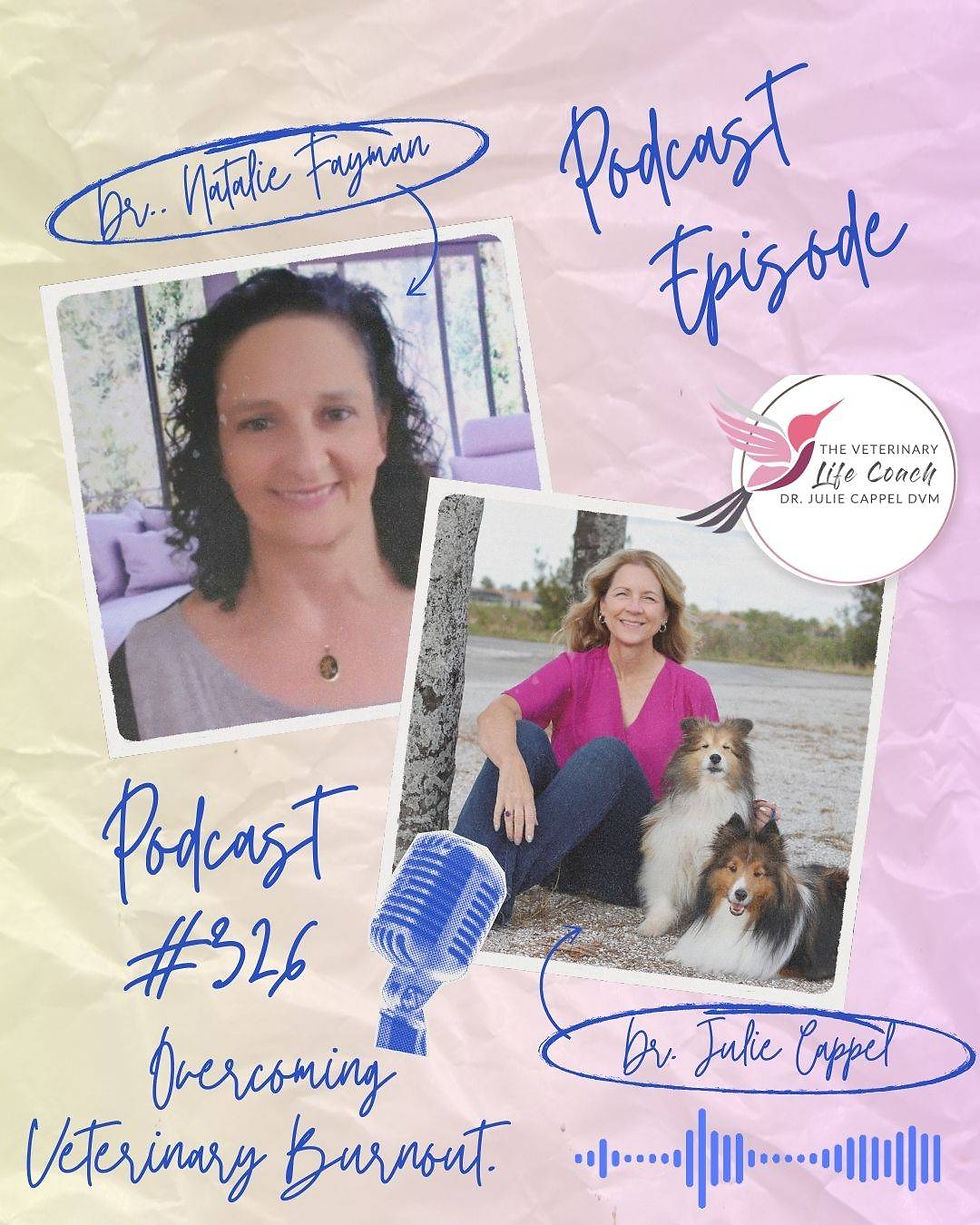Overcoming Imposter Syndrome
- Natalie@nolimitscoachingnow.com

- Aug 3, 2024
- 3 min read
Natalie Fayman, DVM, ACC, CPC, CPQC

“It’s only a matter of time before they figure out that I don’t know what I’m doing!”
Who hasn’t whispered these words to themselves? Some of the world’s most successful people still experience thoughts like this. Many of us replay them on endless-loop inside our minds.
That’s why you can be the most experienced, knowledgeable, successful or talented person in the room... but still feel the angst of Imposter Syndrome. Because Imposter Syndrome has nothing to do with how smart or competent you are.
It has everything to do with your Self Worth.
I’m a DVM with over 33 years’ experience. I spent 24 of those years as the go-to superhero of the ER. I’ve been labeled “MacGyver”, “The Keeper Of All Knowledge”, and “Infallible Fayman.” But no matter how much trust and confidence other people invested in me, I never felt I deserved it. That’s because deep-down, I’ve held a core belief of unworthiness ever since I was a child.
• Emotions always win over logic
Way down below the surface, beneath the image you present to the rest of the world, is the way you really feel about yourself. And once you’ve decided that your belief is the Truth, even a mountain of evidence won’t change your mind.
When you have a self-narrative of unworthiness despite being surrounded by your own success, your mind will selectively ignore the evidence and defend the belief. It’s just the way our minds work: when emotions and logic are in conflict, emotions win every time.
In life, we settle for what we believe we deserve. That includes jobs, life-partners, how we allow other people to treat us, and whether we persevere or give up on our dreams. If you have a core belief of unworthiness it will poison your relationships, your performance, and your sense of life-satisfaction.
Unworthiness is the source of that hypercritical voice known as Imposter Syndrome.
• Overcoming Imposter Syndrome
Imposter syndrome is deeply rooted in self-doubt. That’s stressful. And how do we respond to stress? We go into survival-mode.
For some of us, that can look like...
Avoiding & procrastinating
Controlling & micro-managing
Perfectionism
Anxiety and hyper vigilance
Over-achieving
All of which only contributes to more stress and self-doubt.
Imposter Syndrome won’t go away by taking more training programs, or racking up overtime to get more experience. A disease doesn’t go away when you treat the symptoms. You have to get to the root cause.
The cure for Imposter Syndrome is improving your sense of Self-Worth. It’s not easy, but it’s the best work you’ll ever do. It makes every part of your life better, and it pays off until your dying breath. But it requires that you change the way you think about, and talk to yourself. It takes time. It takes practice. And sometimes, it takes help.
If you’re tired of Imposter Syndrome dimming your light, it’s time to shine! You are amazing. You are one of a kind. You are worthy.
Everyone else sees how valuable you are. Why can’t you?
I’m here to help! Let’s identify some doable changes to lower your stress and rejuvenate your self-worth. Schedule a free strategy session with me today, and feel the difference tomorrow!
Veterinarians are the most generous, kind, and altruistic group of people out there! We want to save everyone. We'll give until we have nothing left. But it's a fact of life that sometimes, givers attract takers. And sadly there's no cosmic referee watching from above to call 'foul' when someone's trying to take advantage of your kind spirit. That's why job #1 must be to create and defend your boundaries. That's what makes kindness without resentment possible.

Natalie Fayman is a Doctor of Veterinary Medicine (DVM) and a Certified Positive Intelligence Coach (CPQM), whose work focuses on stress & burnout in veterinary professionals, and building workplace cultures that attract and retain the right people.



Comments